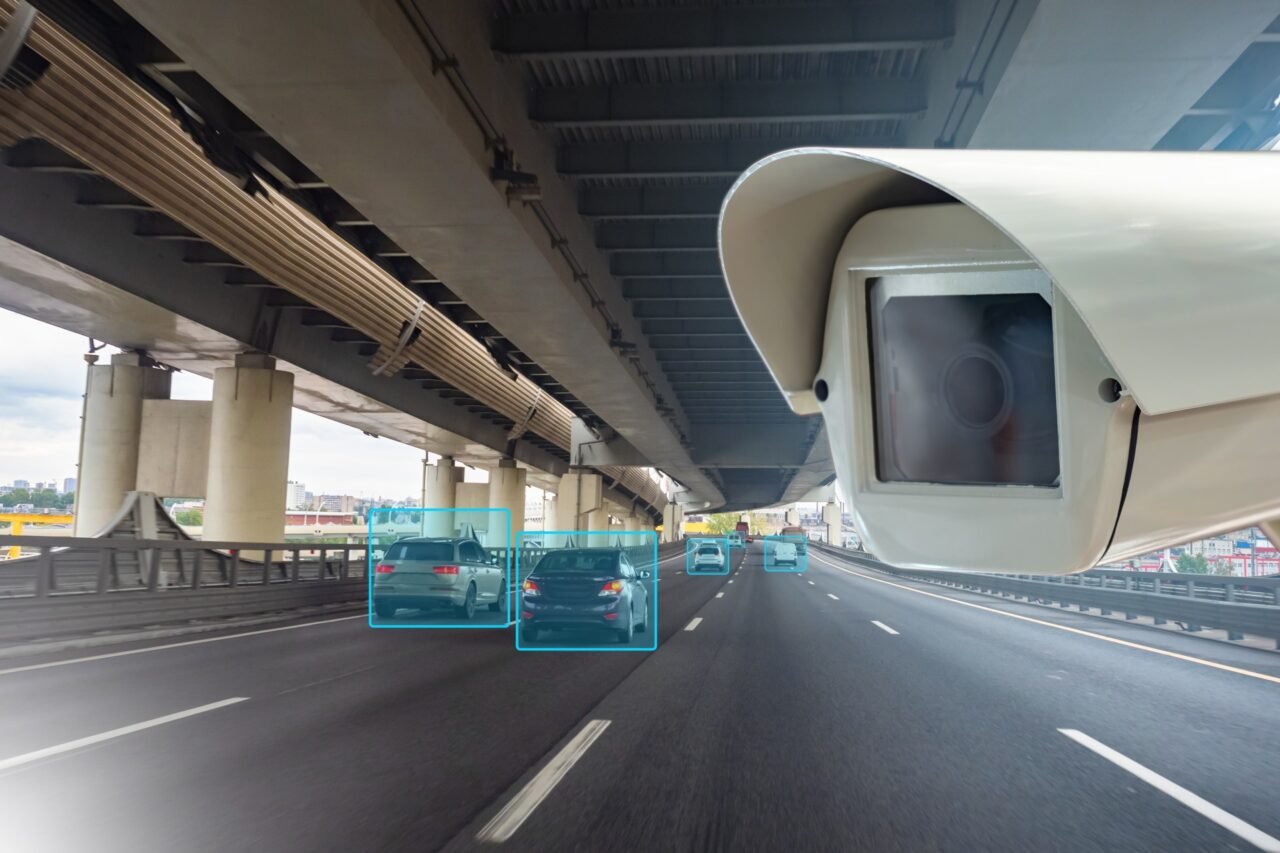Top Stories
Millions Protest as Surveillance Concerns Rise Post-Rally

URGENT UPDATE: Following the massive “No Kings” protests over the weekend, concerns over potential surveillance of participants are escalating rapidly. An estimated 7 million people gathered in cities across the nation, including New York City and Los Angeles, to voice their opposition to monarchy in the United States. Authorities reported minimal arrests, with the NYPD confirming zero protest-related arrests in NYC, indicating a largely peaceful demonstration.
However, political rhetoric is intensifying. Speaker of the House Mike Johnson referred to the protests as “hate America” rallies, while Secretary of Transportation Sean Duffy insinuated they are linked to extremist groups. Such statements coincide with a recent Trump executive order aimed at identifying and disrupting financial networks associated with what the administration labels “domestic terrorism.”
Ryan Shapiro, executive director of Property of the People, expressed grave concerns about the implications of labeling peaceful protests as terrorism. “The Trump regime would have us believe that somehow peaceful, pro-democracy protesters are terrorists,” he stated, emphasizing the dangers of governmental overreach in surveillance.
As more individuals engage in public dissent, understanding the risks of surveillance becomes crucial. If you drove to a protest, your vehicle might have been captured by automated license plate reader systems (ALPRs), which can track cars near events using both fixed cameras and police cruisers. Those who utilized public transport are not in the clear either; payments linked to personal identification can also be traced back to attendees.
Smartphones present another layer of vulnerability. If you kept your phone in airplane mode, you may have avoided real-time tracking. However, apps can store and transmit location data once reconnected to the internet. The Electronic Frontier Foundation (EFF) warns that even basic cell phones can be traced through cell tower connections, raising alarms about privacy violations.
Social media users must also be cautious. The EFF advises participants to obscure their faces in protest photos before sharing online, as images can be accessed by agencies such as the Department of Homeland Security (DHS) and U.S. Immigration and Customs Enforcement (ICE). To mitigate risks, the EFF recommends tools like Image Scrubber to remove identifying metadata from photos.
Unfortunately, many individuals may not be aware of these precautions, leaving their images vulnerable to public exposure. Law enforcement agencies are increasingly using facial recognition technology, including Clearview AI, to identify individuals from social media images. This has raised ethical concerns, especially in states like Vermont and Illinois, where such technology is banned.
As the Trump administration collaborates with firms like Palantir to develop comprehensive databases, the potential for misuse of gathered data looms large. The combination of surveillance, social media monitoring, and government rhetoric could create a perilous environment for dissenters.
The implications of these developments are profound. While the protests showcased a call for democratic ideals, they also highlighted the precarious balance between free expression and governmental surveillance. As the situation evolves, participants and observers alike must remain vigilant about their digital footprints and the potential ramifications of their activism.
What happens next? As authorities continue to monitor protests and dissent, the public must be aware of the risks involved in expressing their views. Engage in conversations about privacy rights and the implications of surveillance, as these discussions are more critical than ever in this climate of heightened scrutiny. Stay informed, stay safe, and share this information widely.
-

 Business1 week ago
Business1 week agoIconic Sand Dollar Social Club Listed for $3 Million in Folly Beach
-

 Politics1 week ago
Politics1 week agoAfghan Refugee Detained by ICE After Asylum Hearing in New York
-

 Health1 week ago
Health1 week agoPeptilogics Secures $78 Million to Combat Prosthetic Joint Infections
-

 Lifestyle1 week ago
Lifestyle1 week agoJump for Good: San Clemente Pier Fundraiser Allows Legal Leaps
-

 Science1 week ago
Science1 week agoResearchers Achieve Fastest Genome Sequencing in Under Four Hours
-

 Health1 week ago
Health1 week agoResearcher Uncovers Zika Virus Pathway to Placenta Using Nanotubes
-

 World1 week ago
World1 week agoUS Passport Ranks Drop Out of Top 10 for First Time Ever
-

 Entertainment1 week ago
Entertainment1 week agoJennifer Lopez Addresses A-Rod Split in Candid Interview
-

 Business1 week ago
Business1 week agoSan Jose High-Rise Faces Foreclosure Over $182.5 Million Loan
-

 Science1 week ago
Science1 week agoMars Observed: Detailed Imaging Reveals Dust Avalanche Dynamics
-

 Top Stories7 days ago
Top Stories7 days agoChicago Symphony Orchestra Dazzles with Berlioz Under Mäkelä
-

 World1 week ago
World1 week agoRegional Pilots’ Salaries Surge to Six Figures in 2025









